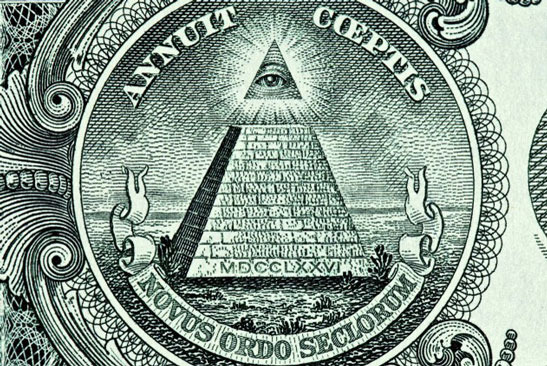Comparative Capitalism
Session 3

COMPARATIVE CAPITALISM
The word capitalism lends itself to broad generalizations that highlight the importance of private property and free markets as the supreme arbitrator of economic outcomes. However, national trajectories give form to many varieties, suggesting that history, culture and institutions do play a major role in shaping markets and organizing society.
In this five-session course, we present cross-country variations of modern capitalism by comparing and contrasting the dominant Anglo-American model to its other counterparts.
Instructor: Michael Bucher
Dates: Thursdays: 1/2, 1/9, 1/16, 1/23, 1/30
Time: 6:30 PM – 8:30 PM
5 sessions
Registration fee: $5
Payment or proof of payment must be provided at first session.
Session 3


